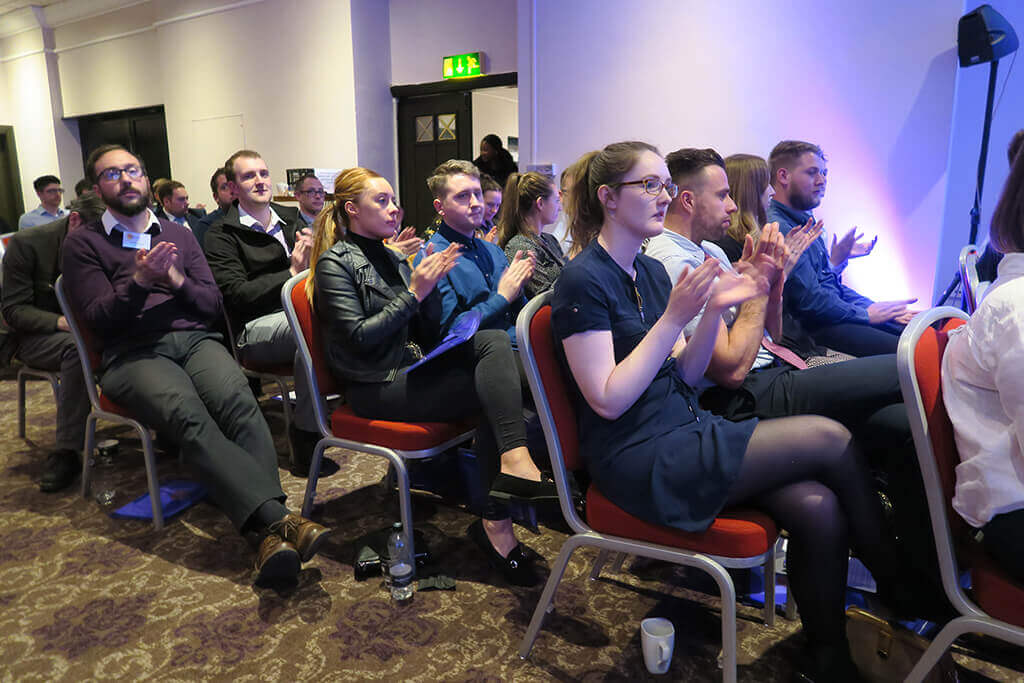Madaline Dunn attends the Young Bus Managers Network Spring 2019 conference in Manchester, with speakers sharing positivity and enthusiasm in a challenging climate for the industry
This year’s Young Bus Managers Network Conference was held at the Renaissance Manchester City Hotel on 2-3 April 2019, in the bustling city centre of Manchester. The conference, which is in its eighth year, saw over 100 young bus managers from across the country meet to network and generate new ideas for the future of the industry.

By subscribing you will benefit from:
- Operator & Supplier Profiles
- Face-to-Face Interviews
- Lastest News
- Test Drives and Reviews
- Legal Updates
- Route Focus
- Industry Insider Opinions
- Passenger Perspective
- Vehicle Launches
- and much more!


